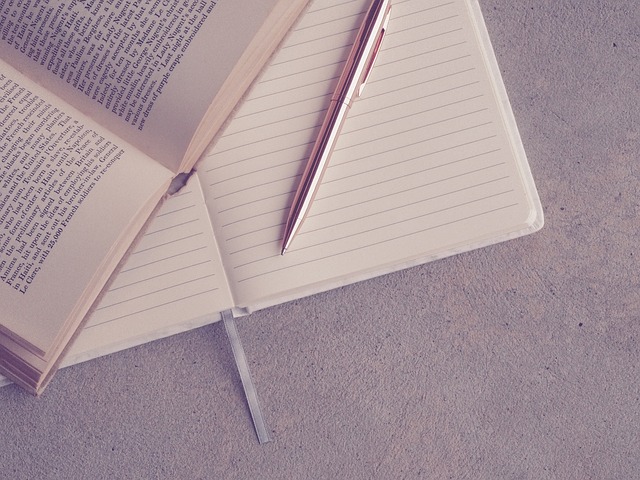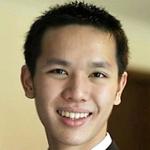
Learning is a very important skill that all of us do and should master. It is a lifelong process and foundational to teaching us how to think, how to act and respond to different scenarios in life.
Each day, whether we know it or not, we learn something new. It can range from the smallest things such as discovering that a new Star Wars movie is coming out in May, to picking up a new skill such as learning a new instrument or learning how to code.
In the Bible, learning is also strongly encouraged to the point where those who are wise are those who fear (revere) God (Proverbs chapter 1, verse 7) and those who are foolish are condemned (Proverbs chapter 10, verse 23).
Education teaches us and our children, the skills, methodology and morals one should have in approaching all situations in life. Whether it is learning to read and write or learning the history of our soldiers’ sacrifice for our freedoms, each of these bits of knowledge, appreciation and capabilities form who we are and how we live our lives.
The early church, through the Bible, understood the importance of education not just for the few but for everyone. In the Western world, the first formal public schools and universities for the masses were generally founded by churches, missionaries or monasteries. Examples include Oxford, Harvard, Yale and Cambridge Universities.
With the importance of learning and education, how can we ensure we are better learners?
Who are our teachers?
Much of what we learn is also absorbed from our environment, our families and friends and their attitudes towards different issues in life. For example, a family who enforces their children to wash their hands before they eat a meal will indirectly impart to them and others that personal hygiene has importance in their lives.
The same goes for all the small habits we might think are normal such as brushing our teeth, discipline in homework or money habits. This explains why there are many articles suggesting we teach our kids important life skills and habits early on.
If you learnt some bad habits in the past, that is okay! The great thing about our brain is that it can be trained to change, otherwise known as neuroplasticity. This means it is an ever-learning organ and that we can unlearn things we have learnt or rewire ourselves to become better.
With this in mind and an emphasis on learning both in our societies and our lives, how can we become better learners and better ourselves? Below are three tips:
1. Knowing your learning style
Understand that we all have different learning styles. For example, when learning about the Bible, we have different ways to do this. Some prefer sitting in church and listening to a sermon about the Bible, others prefer sitting in a small group and discussing it with others, whilst others may prefer to read it, write out passages and annotate on the text itself to understand it.
Each of us have different preferences as to how we learn. Where possible, learn first with your preferred style but don’t use it as an excuse not to learn when it is not available. Adapt and learn through different styles and set aside extra time to re-learn or reinforce with your preferred learning style.
2. Practice to create good reinforcement habits
Practice makes perfect. This applies to theoretical subjects (such as history) or to practical subjects such as playing a musical instrument. Whilst there may be drills we can do in sports and practical subjects, the way we can practice knowledge based learnings is done through teaching others.
Teaching or sharing what you have learnt with others is a great way to reinforce what you have learnt as it forces you to synthesise your learnings and apply it. Doing it over time will help us master these skills.
3. Ask questions
Being curious and open minded is the best way to be better. The more questions we ask, and the more answers we self-discover or learn will lead to a greater understanding of the topic.
This is important for difficult topics such as understanding the historicity of Jesus. Asking, learning and knowing the answer to questions such as “Did Jesus exist?” and “Did he really rise from the dead?” gives us a greater appreciation, depth and assurance of what we know and teaches us how to think and how to learn rather than taking things for granted.
Subject is key
Whilst it is important to be a great learner, what is more important is the subject that we learn. For example, I can be the best learner in the world about all 807 Pokemon in a video game, but that subject is utterly useless when it comes to saving myself from drowning at the beach.
The Bible tells us that fear of God is beginning of wisdom. Why is that? I believe it helps us frame everything we learn in life in relation to the biggest matters of understanding life, death, faith, morality and eternity.
We should seek to be great students in the right subjects from the right source. Only by being great learners and studying the Bible can we achieve this and be right with God.

Brandon Tsang is a Sydney-based writer currently working in IT. He studied Marketing and Economics at UNSW and loves to spend his spare time hiking, playing volleyball or watching Netflix.
Brandon Tsang’s previous articles may be viewed at
http://www.pressserviceinternational.org/brandon-tsang.html

Brandon Tsang is a Sydney-based writer currently working in IT. He studied Marketing and Economics at UNSW and loves to spend his spare time hiking, playing volleyball or watching Netflix.
Brandon Tsang’s previous articles may be viewed at http://www.pressserviceinternational.org/brandon-tsang.html